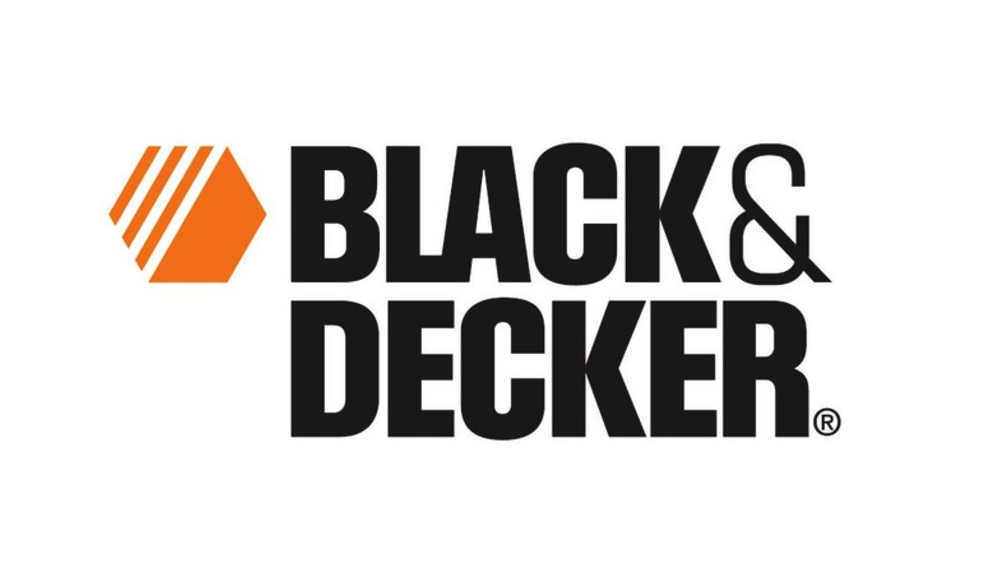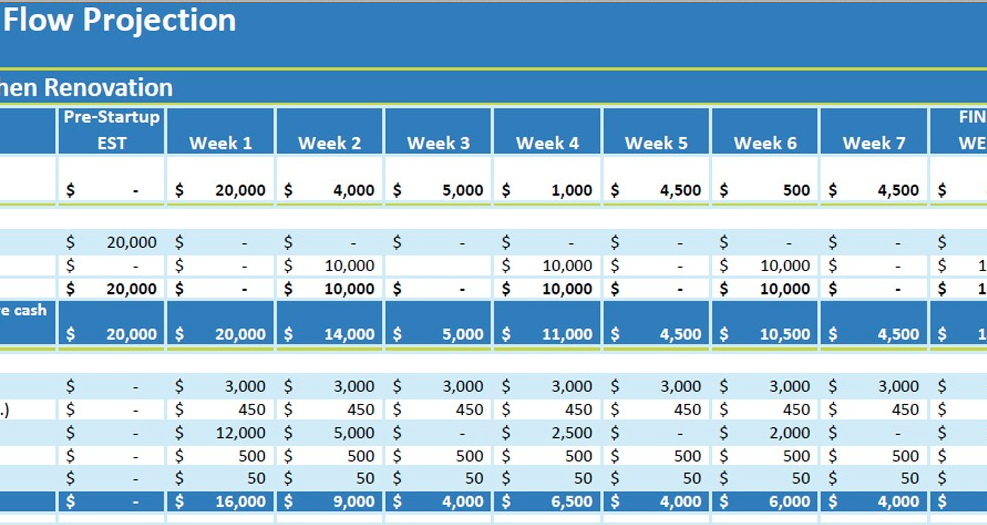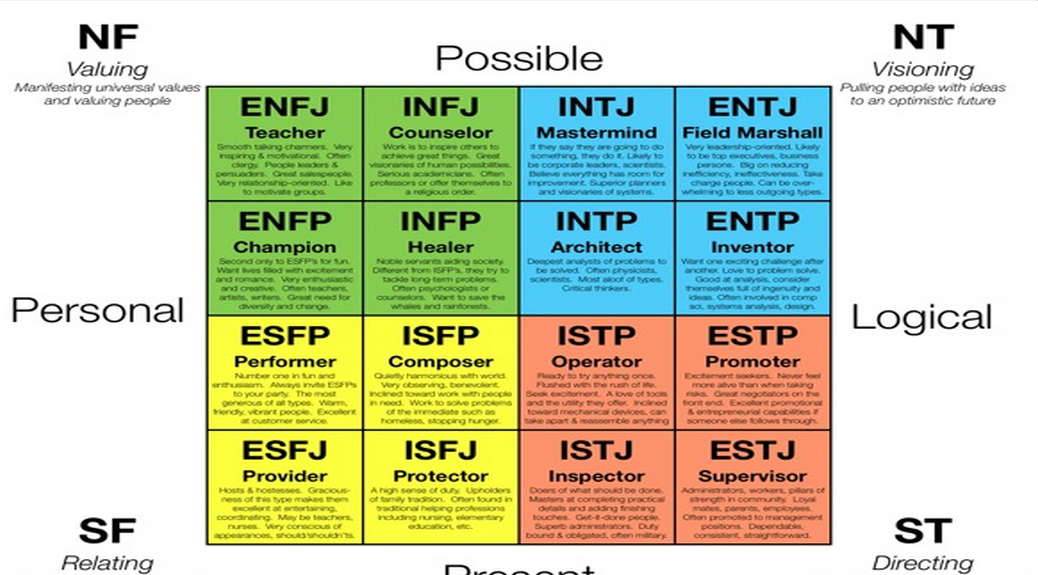 Strategy Is Not Operational Efficiency: You can run the best kebab shop in London, UK but if you are doing something that many people can copy, you are not going to make any money. You need a great strategy, but the first step is picking the right industry. Anyone can become a proofreader. The most profitable sectors in the US earning over 20% growth per year: pharmaceuticals, high-technology, financial services, discount department stores, and oil. The worst industry is airlines. Picking the right industry, one with a sound structure, where your chances of making a profit are highest, was where good strategy begins. Note that you should be interested in what you are doing with your time. Passion is also important.
Strategy Is Not Operational Efficiency: You can run the best kebab shop in London, UK but if you are doing something that many people can copy, you are not going to make any money. You need a great strategy, but the first step is picking the right industry. Anyone can become a proofreader. The most profitable sectors in the US earning over 20% growth per year: pharmaceuticals, high-technology, financial services, discount department stores, and oil. The worst industry is airlines. Picking the right industry, one with a sound structure, where your chances of making a profit are highest, was where good strategy begins. Note that you should be interested in what you are doing with your time. Passion is also important.
Category Archives: Politics
Lessons from a Masters In Business Administration: Re-branding and Marketing Matters
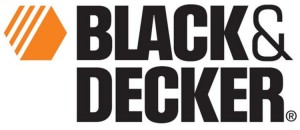 Re-branding and Marketing Matters: Example, Black & Decker Case Study: the power tools division is declining. The problem is possibly because a) B&D started making toasters and kettles that diminished the brand, and do not have large margins, or b) low-cost competitors in Japan. One solution is to create a new brand. This is because B&D are one of the most recognized brands in the US but it has a massive 45% of the consumer segment, only 20% of the industrial tools segment, and only 9% of the tradesmen segment.
Re-branding and Marketing Matters: Example, Black & Decker Case Study: the power tools division is declining. The problem is possibly because a) B&D started making toasters and kettles that diminished the brand, and do not have large margins, or b) low-cost competitors in Japan. One solution is to create a new brand. This is because B&D are one of the most recognized brands in the US but it has a massive 45% of the consumer segment, only 20% of the industrial tools segment, and only 9% of the tradesmen segment.
 So as the CEO of Black & Decker, do you: try to improve margins, create a sub-brand or try a DeWalt Line? Other solutions might be to have a Made in America stamp on the powertools playing on patriotism ie. “Going Nativist.” But the Japanese tools remained better and cheaper. Perhaps the solution lies in determining what the customer wanted rather than what the company could offer. A good isn’t the sole value, as you will need marketing, sales, and customer service to sell it.
So as the CEO of Black & Decker, do you: try to improve margins, create a sub-brand or try a DeWalt Line? Other solutions might be to have a Made in America stamp on the powertools playing on patriotism ie. “Going Nativist.” But the Japanese tools remained better and cheaper. Perhaps the solution lies in determining what the customer wanted rather than what the company could offer. A good isn’t the sole value, as you will need marketing, sales, and customer service to sell it.
[This is a synopsis of several books on the MBA experience including What They Teach You At Harvard Business School by P.D. Broughton]
Lessons from a Masters In Business Administration: Cash-Flow Management/Expect To Lead
 Cash-Flow Management: Butler Lumber is a small business with a problem. It is mismanaging its cash. In order to grow, BL was buying more wood from its suppliers, and then storing it in a warehouse, and then giving customers 30 days to pay for it. Meanwhile BL had to pay its suppliers regardless of whether that wood was sold. So, the company becomes dependent on credit in order to pay the supplier prior to being paid by the customers.
Cash-Flow Management: Butler Lumber is a small business with a problem. It is mismanaging its cash. In order to grow, BL was buying more wood from its suppliers, and then storing it in a warehouse, and then giving customers 30 days to pay for it. Meanwhile BL had to pay its suppliers regardless of whether that wood was sold. So, the company becomes dependent on credit in order to pay the supplier prior to being paid by the customers.
Who Has Solved The Inventory Dilemma?
Dell had mastered the cash conversion cycle in 1996. Whereas other manufacturers built computers then warehoused them, and sent them to stores, Dell waited until an order with the payment came upfront before building a specified computer. Dell required a slick production system compared to its competitors: this ultimately was about shrinking the time and the resource to meet customer needs. Inventory is a bad word in business. Dell added interest on its bottom line, increasing value. Company valuation is very difficult, and forecasting cash-flow is as well.
Be Expected To Lead Some Committee: you will be expected to make a contribution to the student life of your fellow MBAs. These are time expensive activities that you will need to be prepared for in order to succeed.
Once You Are In, You Stay: if you are struggling, the MBA program will try to support you as much as possible. It is not in their interest to acquire your tuition, and then have you fail. The entry is sufficiently rigorous to avoid such an outcome.
[This is a synopsis of several books on the MBA experience including What They Teach You At Harvard Business School by P.D. Broughton]
Lessons from a Masters In Business Administration: Myers-Briggs Type Indicator
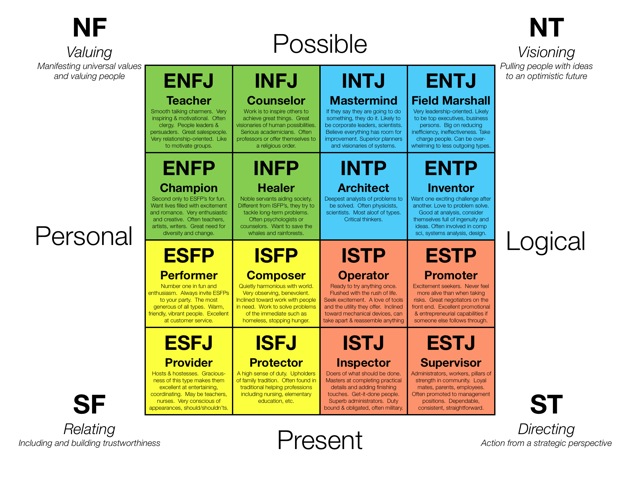 Myers-Briggs Type Indicator: is based on Carl Jung’s psychological theory, and looks at possible psychological types, and consequences. People’s minds are always perceiving, taking in information, judging, and processing information. There are two different ways of perceiving: Sensation, and Intuition. Sensing is practical, intuition is imaginative, and Judging is about thinking, and feeling. People are either introverted or extroverted (see above). The questions in this test will ask: Which mistakes would be more natural for you: a) drifting from one thing to the next, or b) staying in a rut that didn’t suit you?
Myers-Briggs Type Indicator: is based on Carl Jung’s psychological theory, and looks at possible psychological types, and consequences. People’s minds are always perceiving, taking in information, judging, and processing information. There are two different ways of perceiving: Sensation, and Intuition. Sensing is practical, intuition is imaginative, and Judging is about thinking, and feeling. People are either introverted or extroverted (see above). The questions in this test will ask: Which mistakes would be more natural for you: a) drifting from one thing to the next, or b) staying in a rut that didn’t suit you?
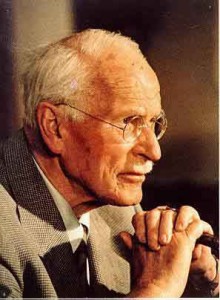 The problem is that the results may be likened to a horoscope which describes a Cancer or Taurus in sufficiently general terms to be correct most of the time. This is further exemplified by the Forer Principle. This test involved asking students to rate the accuracy of an analysis of their personalities on a scale of zero to five: and they on average rated their individual analysis at 4.25. The trick was that it was the same analysis for all of the test respondents; “You have a need to help people….At times you have serious doubts as to whether you have made the right decisions….some of your aspirations tend to be rather unrealistic.” People are more willing to accept positive things about themselves than negatives.
The problem is that the results may be likened to a horoscope which describes a Cancer or Taurus in sufficiently general terms to be correct most of the time. This is further exemplified by the Forer Principle. This test involved asking students to rate the accuracy of an analysis of their personalities on a scale of zero to five: and they on average rated their individual analysis at 4.25. The trick was that it was the same analysis for all of the test respondents; “You have a need to help people….At times you have serious doubts as to whether you have made the right decisions….some of your aspirations tend to be rather unrealistic.” People are more willing to accept positive things about themselves than negatives.
CareerLeader: asks questions to determine which MBA path you might want to take. You will have to sculpt a personal “best-self portrait” and be asked if your current day to day actions correspond with that goal.


